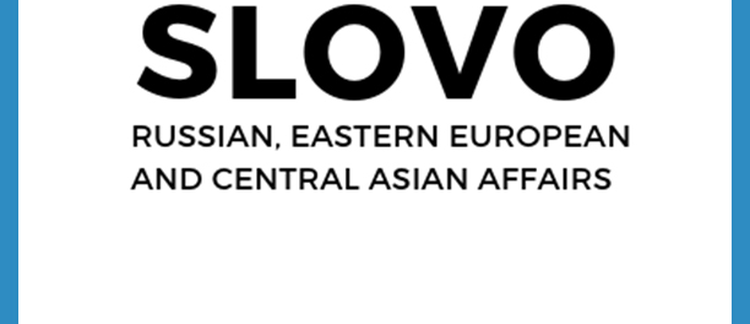Abstract
Download this article from UCL Discovery.
The most common premise concerning Russian foreign policy post-cold war is the assumption that its primary focus has been the restoration of the country’s influence in international affairs (Kanet, 2007; Trenin, 2011; Tsygankov, 2005, Stent, 2014). Following a realist approach, it is possible to claim that the quest for a ‘great power’ with global interests and the ability to protect them has been the cornerstone of Russian Foreign policy for centuries (Tsygankov, 2012). Decisions made by the Russian leadership across last two years at the time of writing, including undeclared war in Ukraine and declared war in Syria, seem to fit perfectly into that narrative since the country was trying desperately in that period to defend its borders from threats of terrorism and hostile military alliances (i.e NATO). Moreover, a realist perspective encompasses the matters of prestige that are traditionally in the domain of a constructivist paradigm of international relations. If the Russian leadership considers status as a means of soft power to promote its agenda in the international arena, then it is natural that foreign policy decision-makers seek to gain this valuable resource at all costs. It is possible to argue about the continuity of choices and to claim that the current Russian leadership— being as restrained by a ‘contradiction between overcoming economic backwardness and defending porous frontiers’ (Rieber, 2007, 225) as Tsarist and Soviet rulers had been in their foreign policy— has chosen the hard line in their foreign policy. However, a realist approach can be considered as an oversimplification for the investigation of Russian foreign policy under the Putin regime. The paper argues that a foreign policy driven exclusively by domestic needs has been conducted over a period of 16 years. In order to defend this hypothesis, this article suggests a close examination of the latest National Security strategy adopted on the 31st of December 2015 in the context of trends of internal development within the country. The first section of this article will present an analysis of the updated security strategy doctrine, including the differences from the previous edition. The analysis points to a discrepancy between the doctrine’s mostly defensive nature oriented towards the regime’s domestic security, and claims of great power status against the background of decisive, if not aggressive, foreign policy and the country’s deteriorating economic development. The second section is divided into subsections, which will cover the relationship between status theory in international relations and the incentives of the Russian elite to pursue ‘great power’ status. The final section proposes a possible explanation of the paradox discussed during the discourse analysis of the strategy doctrine. This article concludes by providing a coherent argument on the incentives of modern Russian foreign policy, which cannot be assessed either by a purely realist or purely constructivist approach.
How to Cite:
Shchelin, P., (2016) “Russian National Security Strategy: Regime Security and Elite’s Struggle for ‘Great Power’ Status”, Slovo 28(2), 85-105. doi: https://doi.org/10.14324/111. 0954-6839.047
Downloads:
Download PDF
View PDF
666 Views
87 Downloads

